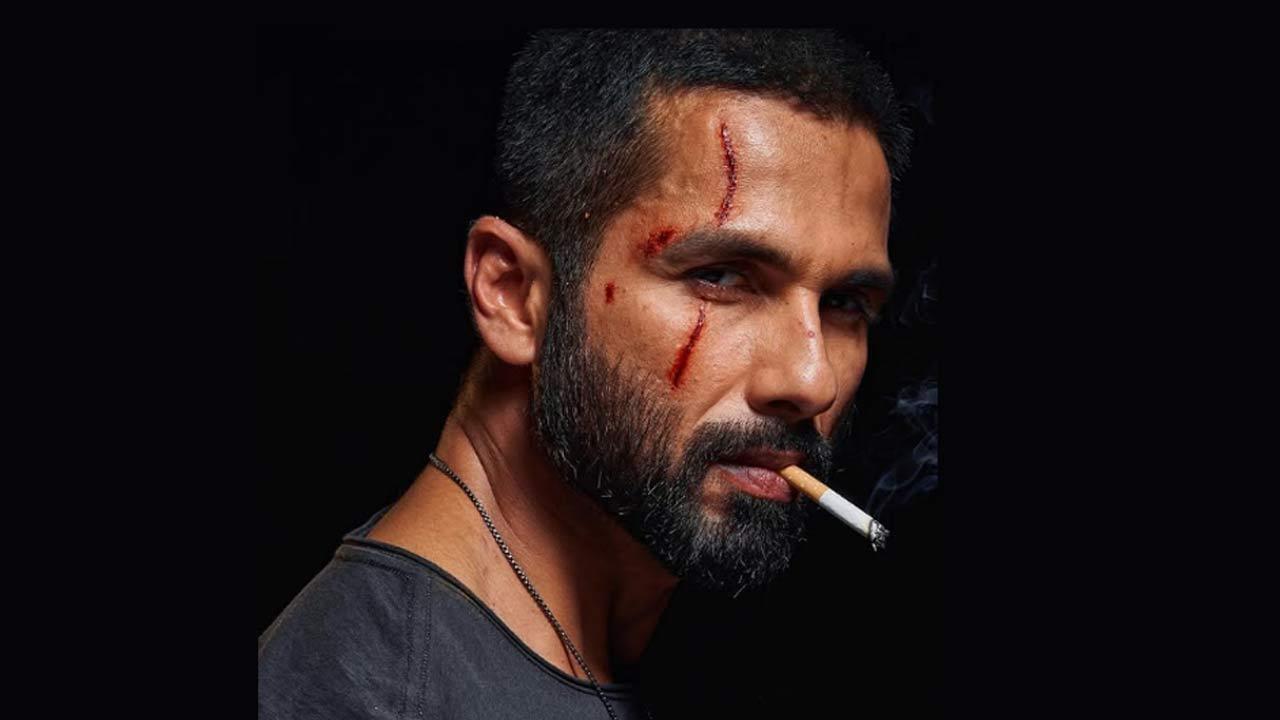
After a well-deserved rest following their triumphant victory at the ICC Men’s T20 World Cup, hosted in the Caribbean and the USA, Team India’s senior players are gearing up for their next challenge. They face a formidable task as they prepare to take on Sri Lanka in an eagerly anticipated three-match T20I series.
In the short span since India edged past South Africa to claim their second ICC T20 World Cup title, the landscape of the team has seen dramatic changes. The retirement announcements from T20I format by iconic players Rohit Sharma, Virat Kohli, and Ravindra Jadeja marked the end of an era. Their retirement has shifted the dynamics within the team, ushering in a new leadership. Instead of Hardik Pandya, who served as vice-captain under Rohit during the World Cup, the responsibility of captaincy has now fallen on Suryakumar Yadav.
Suryakumar Yadav, affectionately known as SKY, has been appointed as the full-time captain of the T20I squad. Reflecting on his new role, SKY emphasized the importance of humility regardless of his newfound responsibilities. “The most important thing I have learnt from the sport is how to remain humble after achieving success or even when you aren’t performing well. When you do something on the ground, you have to leave it on the ground,” Suryakumar said in a video uploaded by the Board of Control for Cricket in India (BCCI).
The remarks highlight Yadav’s grounded approach to leadership, underscoring the philosophy that every high and low in sports is just one part of the life journey. “This is not your life, it’s just a part of your life. So, you can’t be like—you are doing well and then you stay on the top; and when you are not doing well, you go underground. That’s one thing that I feel you shouldn’t do as a sportsman, not only as a cricketer. That’s what helps me create balance in my life. If you are a good person, everything good will happen,” he concluded.
.
The importance of maintaining a level-headed approach is paramount as the Men in Blue prepare to face Sri Lanka at the T20I opener, set to take place at the Pallekele International Stadium on Saturday, July 27.
The upcoming series against Sri Lanka is more than just a sporting encounter; it is a litmus test for the new leadership and the revised lineup of the Indian team. Shubman Gill, another young talent, is looking to improve his performance in the T20I format. Separate from but related to the T20I discussions, there have been significant developments in women’s cricket and other international matches. For instance, the head-to-head record between India and Bangladesh ahead of their Women’s Asia Cup semifinal clash remains a topic of interest. On the other hand, Pakistan’s red-ball head coach Jason Gillespie has urged his players to make the country a priority over franchise commitments.
Returning to the core focus, the changes in the Indian T20I team bring in fresh challenges and opportunities. The retirement of stalwarts like Rohit, Kohli, and Jadeja places added responsibilities on young shoulders, testing their mettle against seasoned teams like Sri Lanka. It isn’t just about individual performances but how the team adapts and evolves under new leadership.
The build-up to the match has both players and fans eagerly awaiting the showcase of skills and strategies at Pallekele. With emphasis on humility and balance, Suryakumar’s approach to leadership seems to resonate well with philosophical and practical elements needed in high-stake tournaments.
The Indian cricket team’s journey post-World Cup victory provides rich material for sports analysts and enthusiasts. How will they transition from their victorious high in the Caribbean to facing new opponents with new team dynamics? The three-match T20I series against Sri Lanka serves as the first chapter in this unfolding narrative.
In conclusion, the Indian cricket team under Suryakumar Yadav’s leadership embarks on a new journey, setting sights on overcoming Sri Lanka in a high-voltage T20I series. The on-field dynamics, strategies, and individual performances will not only determine match outcomes but also set the tone for the future trajectory of the team in international cricket.










